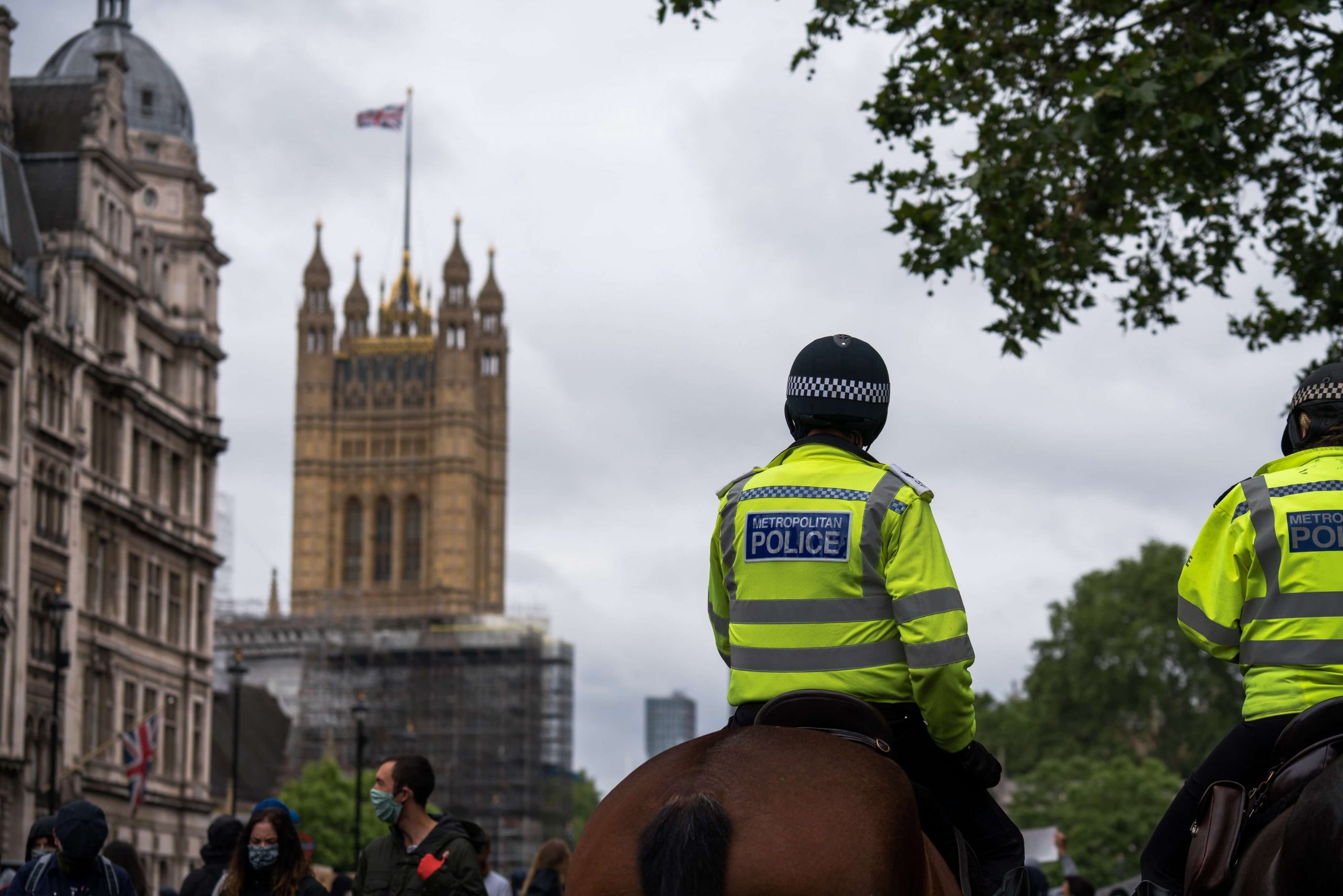 19 Mar
19 Mar
An IOPC investigation into police officers who abuse their position for a sexual purpose has shown a sharp rise in reported cases in the past three years, with this form of abuse now comprising the single largest form of police corruption dealt with by the IOPC.
Police officers abusing their power for a sexual purpose now accounts for almost 60 per cent of IOPC investigations into corruption.
The IOPC’s report follows a recent tide of data underscoring the alarming scale of abuse perpetrated by police officers:
- At least 15 serving or former police officers have killed women since 2009
- More than 750 Met police employees have faced sexual misconduct allegations since 2010, and only 83 were sacked
- Undercover police officers deceived protesters they were spying on into sexual relationships, with the knowledge of senior officers who had a “don’t ask, don’t tell” policy
- One woman a week reports domestic abuse by a police officer and a super-complaint highlighted systemic failures to hold officers accountable
- The police inspectorate found police are failing to use protective measures in domestic abuse and sexual violence cases and called for radical, whole system change in how the police respond to violence against women and girls
- Nearly 2,000 officers faced accusations of sexual wrongdoing since 2017. Over 60 per cent did not result in disciplinary action. Just 8 per cent were dismissed. Nearly 300 officers had previously been reported for misconduct.
Deniz Uğur, Deputy Director of the End Violence Against Women Coalition said:
“It is clear from the scale of police abuse of power that this is not just a case of a few ‘bad apples’ – it must be addressed as the systemic issue it is. While alarming, this is not surprising given that sexual violence and the misogyny and inequality that underpin it are so deeply entrenched and normalised in all spheres of society, including our justice agencies.
The police hold a particular position of power and must therefore be held to the very highest standards of conduct. Police officers who perpetrate abuse are emboldened to abuse their position of trust by structures of power that enable abuse to take place and institutional cultures that trivialise or cover it up. These perpetrators make calculated decisions based on information they can access and the vulnerabilities they perceive, and they are able to do this comfortably and with impunity.
While investigations into allegations of abuse are welcome, it shouldn’t have to get to this stage. What’s more, these are only the cases the IOPC knows about – given what we know about why women don’t report abuse, particularly when their abuser is a serving officer, these figures are highly likely to be the very tip of the iceberg.
But simply taking action against individuals doesn’t go anywhere near far enough. In order to prevent women from being abused by serving officers, we need to weed out and address systemic cultures of sexism and racism in policing, wherever they are found.”
In a statement, the IOPC encouraged victims or witnesses of police abuse of power for a sexual purpose to speak up. However, we’re concerned that this once more places the responsibility on women’s shoulders to prevent and address their own abuse, as well as monitoring police misconduct to address failings.
Police failed in response to missing reports of sisters Nicole Smallman and Bibaa Henry
The IOPC have also released the findings of an investigation into the how the Met Police handled reports about missing sisters Nicola Smallman and Bibaa Henry; finding “unacceptable” failings to the women’s family and friends, but denying that the women’s ethnicity played any role in how their disappearance was treated by police.
As a result of the investigation, a Met Police inspector and a civilian staff member must now undertake unsatisfactory performance procedures to address and improve their professional capabilities. The IOPC have also recommended that the Met reviews the processes and separate systems used by call handlers, and consider providing further training to ensure all terminology is correctly understood.
We are concerned that the response is not proportionate to such serious failings, and that attention is being misdirected towards the actions and training needs of a few individuals, rather than addressing the broader systemic issues enabling such failings within the Met.
In a statement to the BBC, Mina Smallman, the mother of Bibaa Henry and Nicole Smallman, rejected the IOPC’s findings, saying that the on-duty call handler made “inappropriate and manipulating assertions which led to cancellation of the missing persons report”, and that his unprofessional comments “suggests racial profiling, misogyny or classism.”
The IOPC’s findings were also refuted by the Met’s own former chief superintendent, Dal Babu, who said he believed the police would have responded differently to reports the sisters were missing, had they been white.
Deniz Uğur, Deputy Director of the End Violence Against Women Coalition said:
“It is abundantly clear that this is not an appropriate response to the appalling failings to Bibaa Henry and Nicole Smallman’s family and friends which culminated in a family member enduring the unimaginable trauma of finding them after the police failed to conduct a proper search.
The IOPC’s explanation for the Met’s failures is frankly insulting, and shows an unwillingness to ask themselves the difficult questions needed to really root out racism and misogyny within their ranks. Is it any wonder that women and minoritised communities don’t trust the police?
We’ve recently heard promises from Cressida Dick to address the Met’s failings and rebuild trust in the police. Given the systematic change needed to stop anything like this from happening again and need for meaningful accountability when things go wrong, an apology and some actions which will mainly impact a handful of officers is wholly unacceptable.”
ENDS
Media information
EVAW contact: Sinead Geoghegan Tel: 07960 744 502 Email: sinead.geoghegan@evaw.org.uk
Recommended ARTICLES
 19 Mar
19 Mar
 05 Mar
05 Mar
 27 Feb
27 Feb

